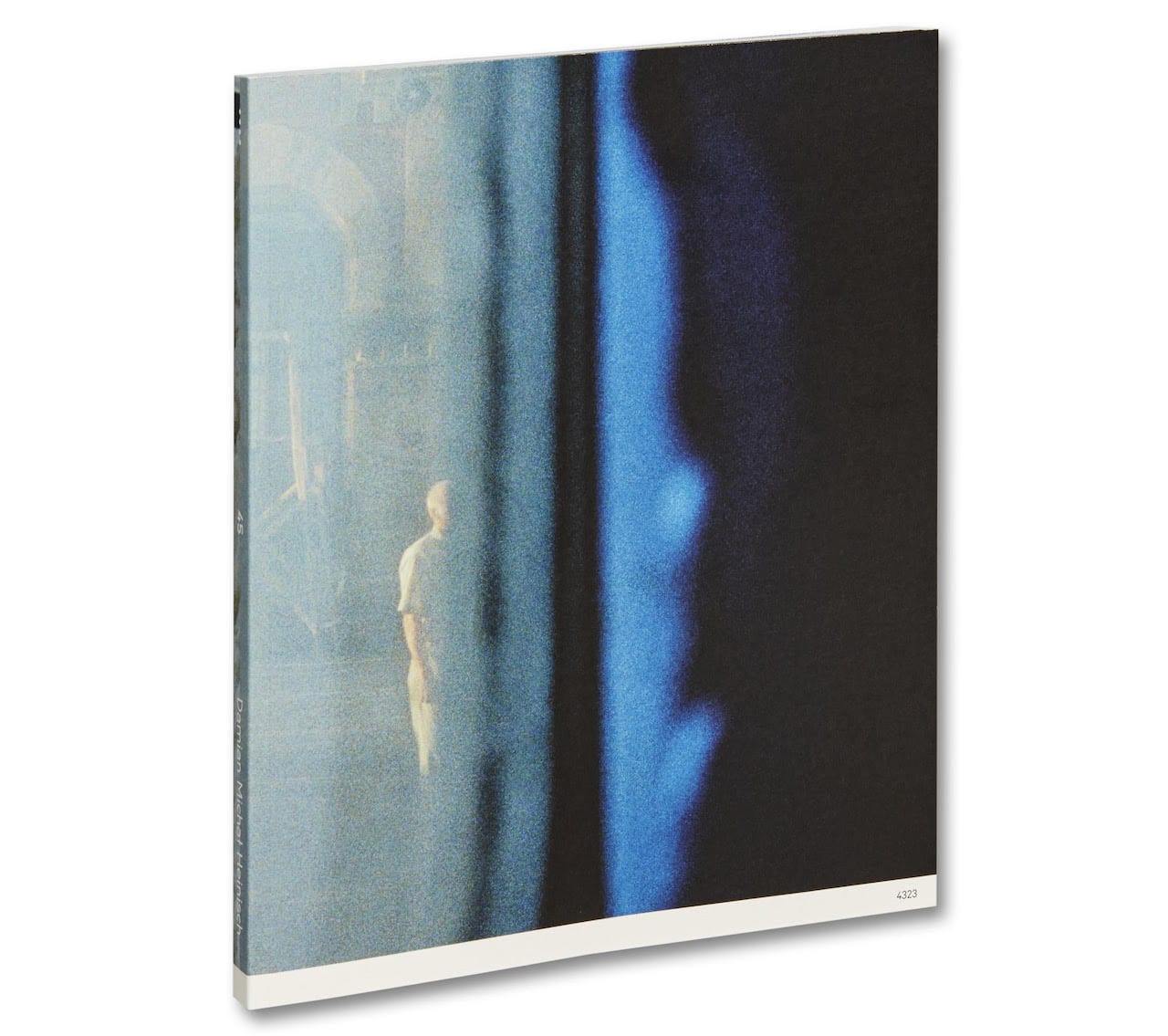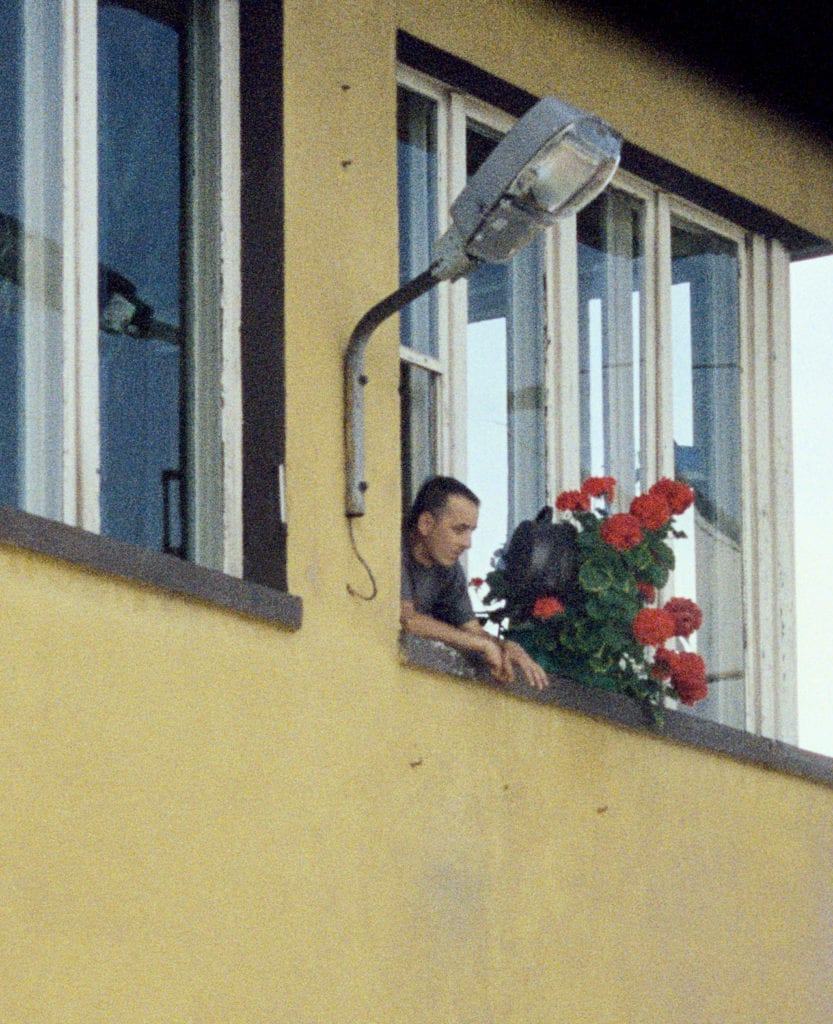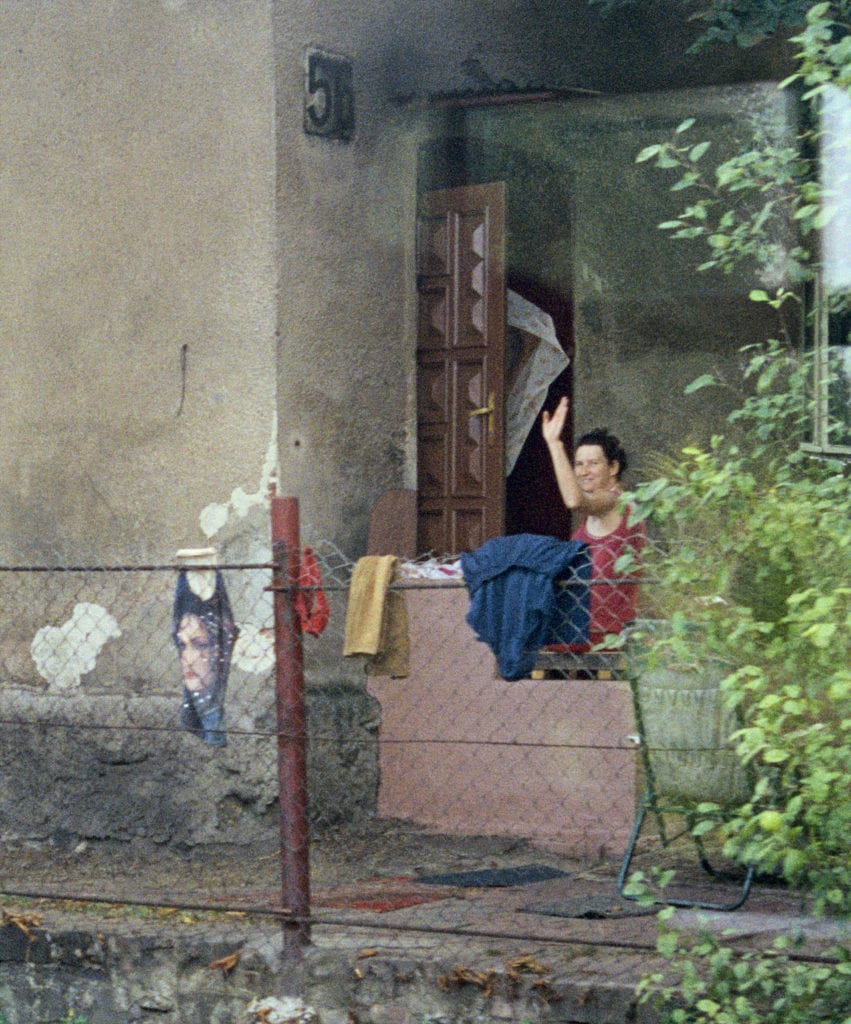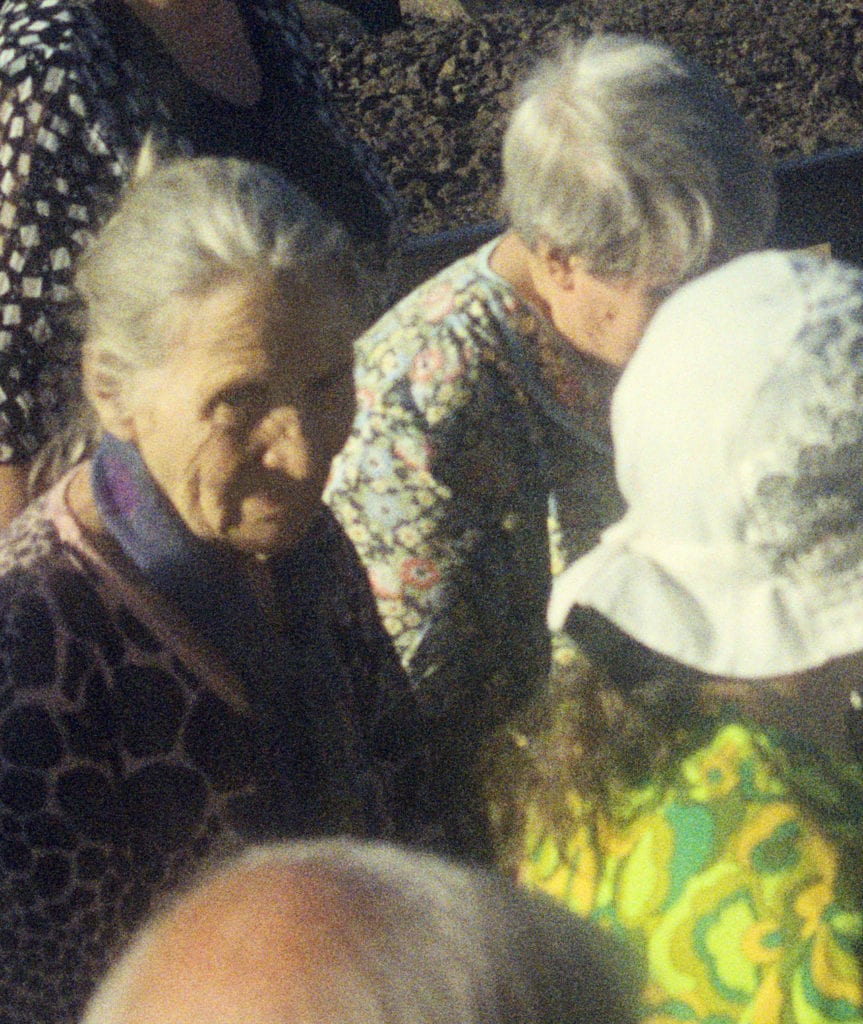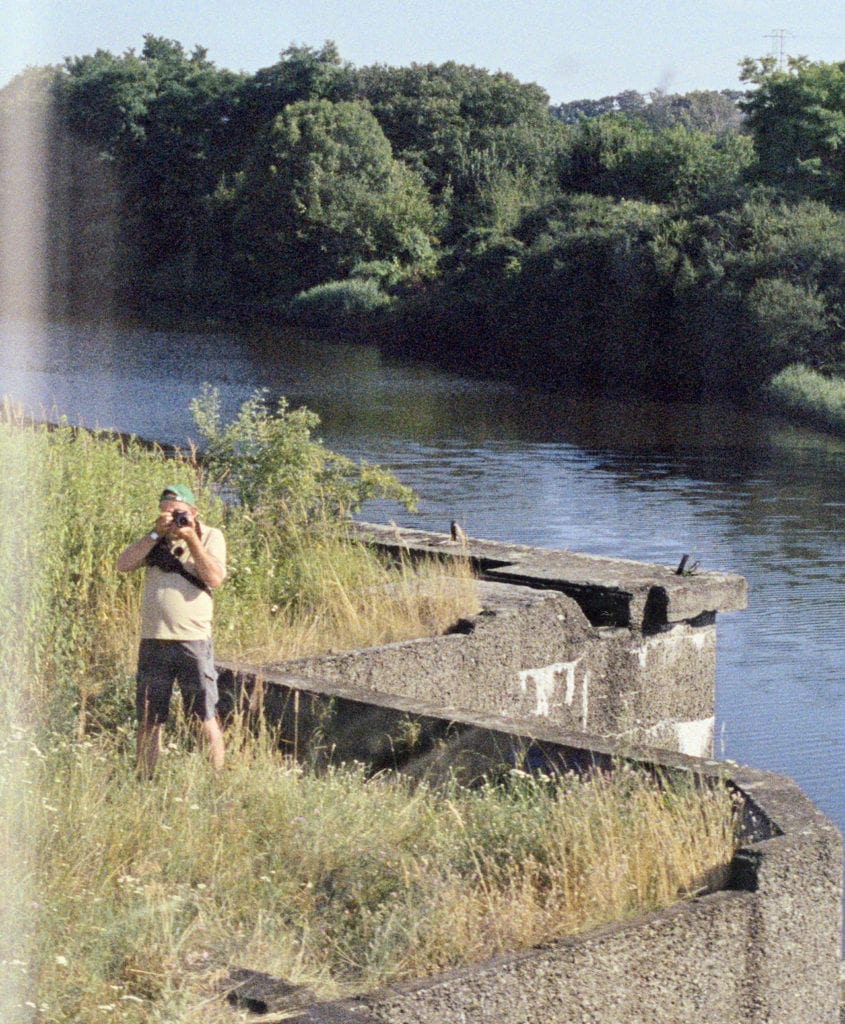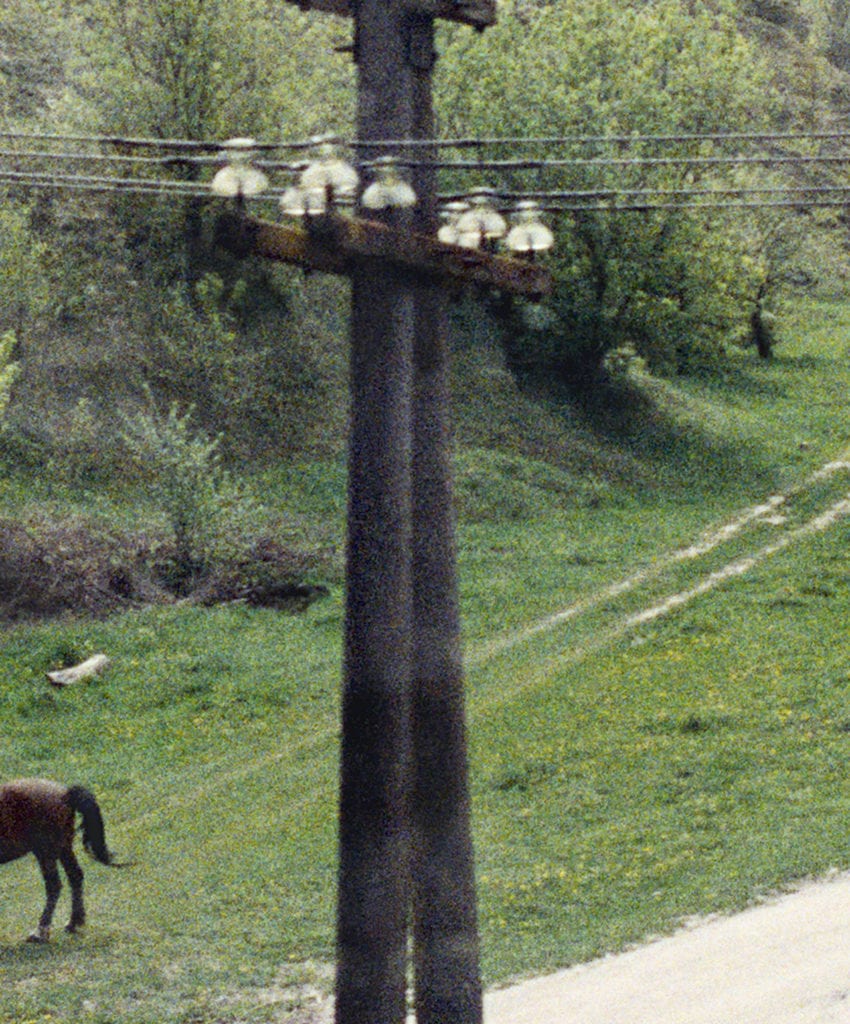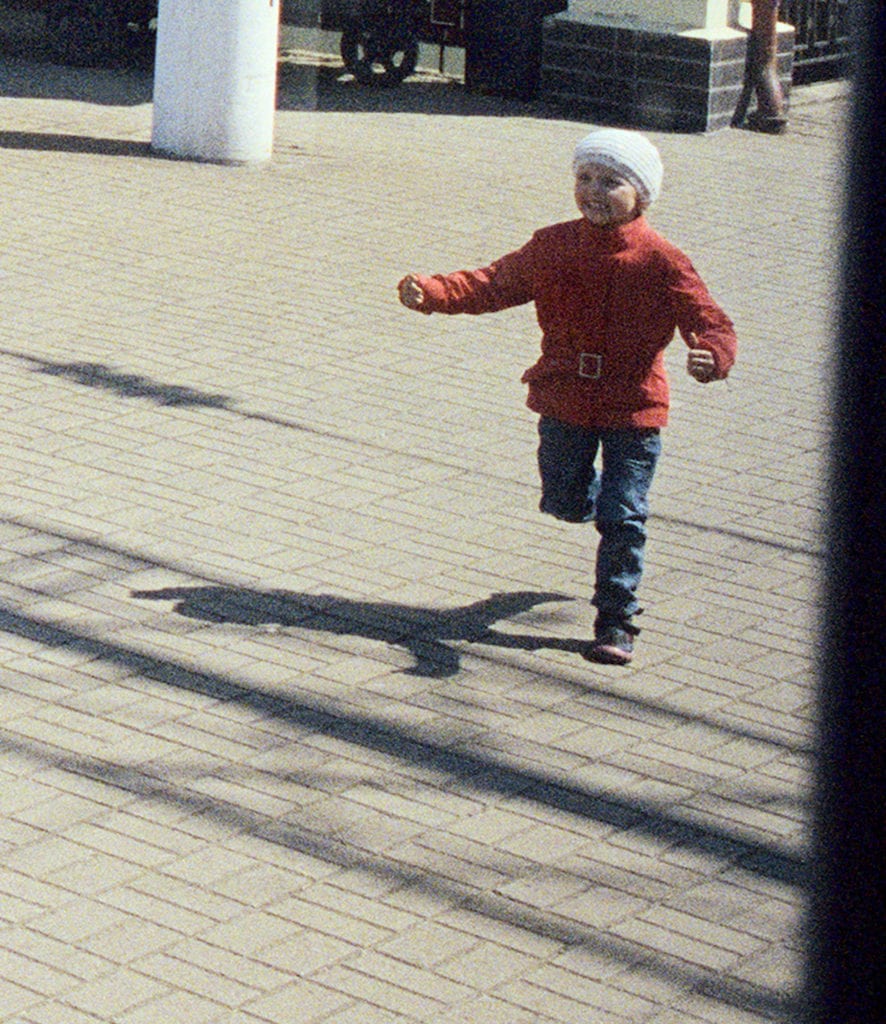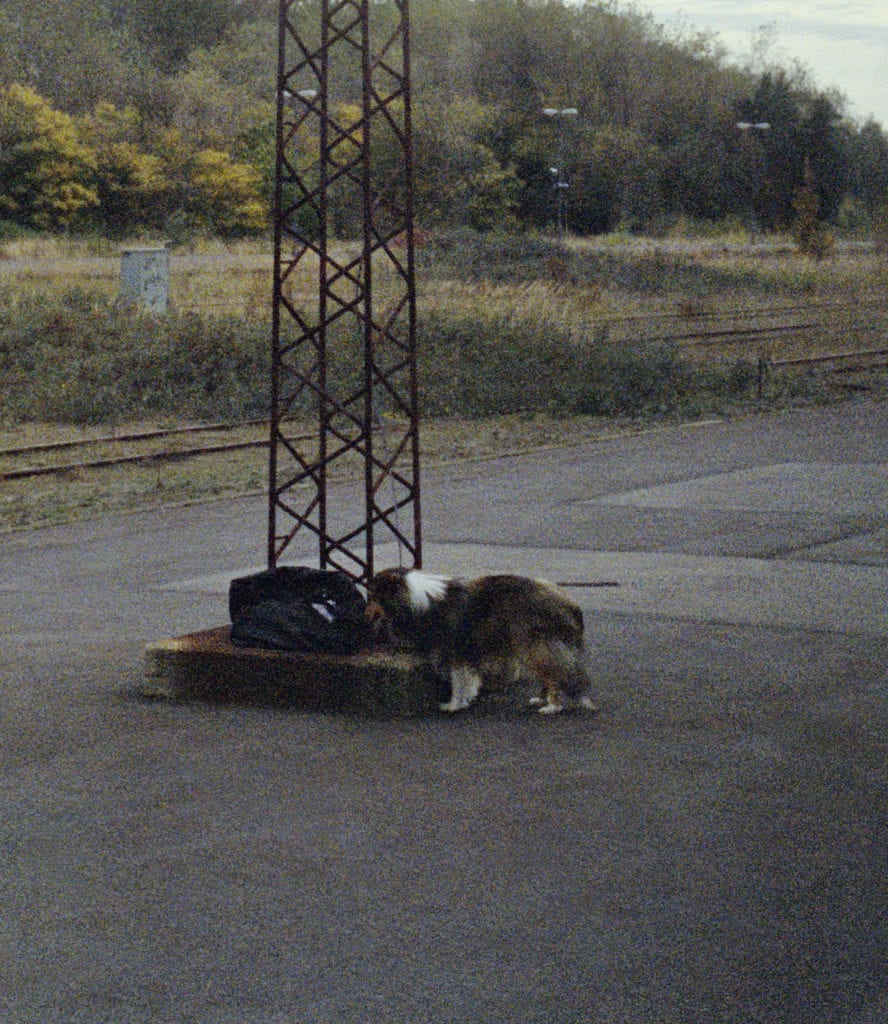On 08 May 1945, Germany surrendered to the Allies — the day which marked the end of the Second World War, the most tragic and bloody conflict in history, with some 75 million recorded deaths. Families were separated, borders shifted and an estimated 60 million refugees were displaced, forced to migrate to countries often thousands of miles away from their homes. Still now it is rare to meet a European who has not been affected by that shift.
Damian Heinisch was born in Poland, grew up in Germany, and now lives in Oslo. His new book, 45, is inspired by journeys made over three generations of his family. It begins with his grandfather, who in 1945 was piled into a cattle wagon and deported from Gliwice in southern Poland to a labour camp in Debaltsevo, Ukraine, where he eventually died. Then, in 1978, his father took his family (Heinisch was ten at the time) and boarded a train out of Gliwice to start a new life in West Germany.
Reflecting on his family history, in 2013, Heinisch himself made a number of “cathartic” train journeys along these exact routes, observing and capturing the society and scenery that rushed past him in 35mm film – the same landscapes that his father and grandfather journeyed before him. “I understood that my family’s lives had been considerably influenced by forced immigration, and that trains had played a significant role in the process of resettlement,” he says. “I began to respect the forced journeys of my family members while at the same time documenting my own.” He adds: “Trains carried my grandfather to his death, and my family to freedom.”
The book is a chronological, visual document pictured from the train window, starting in Debaltsevo, through Gliwice, Essen in Germany and eventually Norway’s capital, Oslo. The images capture strangers going about their daily life, who might occasionally notice the camera and gesture a friendly wave. “It should give you a feeling of sitting on the train and looking out of the window,” he explains. “Sometimes your view will be blocked by a section of black, where something might disappear and then appear again. You are always very focused”. To reflect this, images are interrupted and spliced across sections of the Japanese-bound book, imploring the viewer to notice the interruption, but search for continuity.
Turning the pages of 45, the winner of Mack’s First Book Award this year, you will note as the terrain and seasons change, indicative of movement and time. “There is something special about the area,” says Heinisch. “Even the urban landscape in Poland is inspiring, and so different to the cleanliness of Norway. It’s about the connections you make as you pass by, the constellations of associations you have from your memories.”
The structure of the book was influenced by the feelings Heinisch wanted to evoke, rather than an explicit narrative. “We went for an experimental approach, with a heavy crop, which still celebrated the grain,” he explains. “The texture became very important. I wanted the photography to be reproduced in a beautiful way so I tried to take responsibility for it. The grain gives a feeling of surveillance, a strange environment of being watched.”
Some eight months after Heinisch shot his final frames in Ukraine, the country descended into the civil unrest which led to the 2014 revolution, and eventual annexation of Crimea by the Russian Federation. “The movement of nations has always led to conflict,” says Heinsich. “We met beautiful people in Ukraine, and as Germans, experienced such hospitality from them. I really wonder what happened to them.”
At the end of the book, there are three texts; an extract from his grandfather’s diary, an account of the moment his family left Gliwice in 1978, and an artist statement from Heinisch. We discover that each man turned 45 on the journey in question. Heinisch writes, “It seems that Europe has healed its wounds after the Second World War. Countries were rebuilt, new societies developed. But a feeling of shame was passed on from generation to generation, influencing our everyday lives and decisions.”
45 by Damian Heinisch is published by MACK.
—

